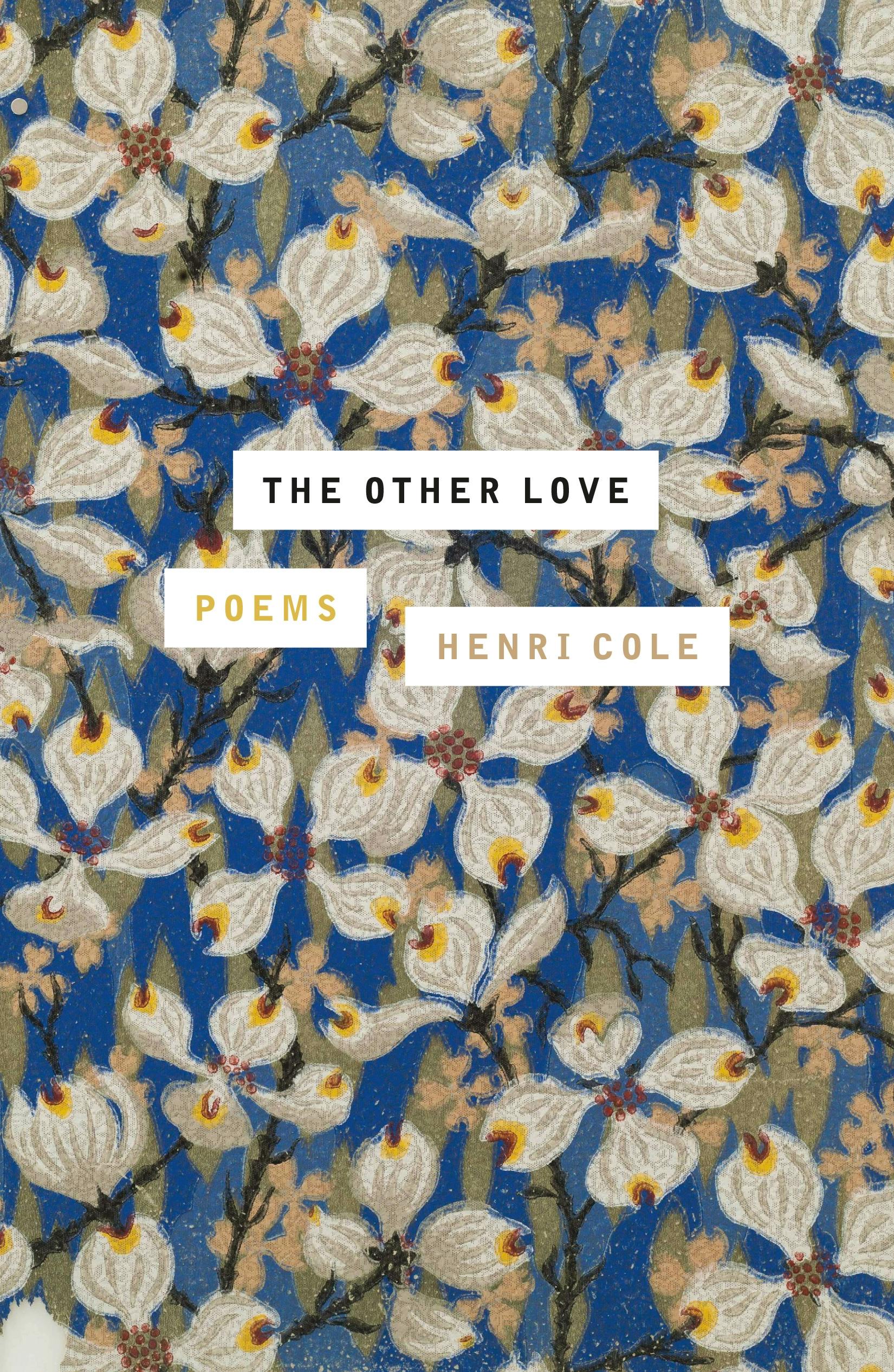A complex and rewarding collection that observes the fragility of love and nature in an increasingly delicate world.

Henri Cole| The Other Love | Farrar, Straus and Giroux: £12.00
Reviewed by Ian Pople
Henri Cole is one of those major American poets who, somehow, does not have a publisher in the UK. The Other Love is Cole’s twelfth book of poetry, the previous being a selection of his most favoured form, the unrhymed sonnet, or fourteen liners. Cole is a gay writer who explores his sexuality within his work. However, Cole situates his sexuality within a spectrum of other passions, whether it is for other men or for the creatures of the natural world that he depicts with loving attention.
The Other Love is divided into three sections, the first two containing unrhymed sonnets, and a final section containing a variety of structural nuances, such as longer lines or double sonnets. The book contains poems that show Cole’s empathy for the natural world, whilst also featuring more political poems: responding, perhaps, to the new realities of life in the United States.
The structure of the sonnet allows Cole to create a context in the first four or five lines. ‘Day Residue,’ for example, begins: ‘“Remember, this is not The Scarlet Letter, / with a scrap of cloth sewn to your breast pocket,” / they said. Still, he felt like a grenade with the pin / withdrawn. He was glad his mother was dead; / she had Overbearing Mother Disease.’ That slightly plain address has become Cole’s style in more recent years. It is a style that permits emotional directness, even when he uses a simile. It also allows him to be ironically humorous in the description of the mother. This plainer style lets Cole directly report his own desires.
The poem continues: ‘This is a poem about a man who is dead. / Sodomy laws treated him like a second-class citizen. /[…] Even when repugnant, his disinhibition seemed godlike, / and what came out of him ravished me.’ That declaration in the first two lines is followed by something more complicated embedded in the polysyllables of the latter two lines, where the emphasis lies on that line-ending ‘me.’
And elsewhere there is a slightly rawer, more effortful quality to some of the poems: ‘It is Forbidden to Forbid, / This is what I said to the pallbearer / when he pushed me away. Are you going to shoot me, / motherfucker, for wanting to carry him too? / Are you the cops? Are you Stalin?’
A later poem, the double sonnet ‘Mushroom Soup,’ begins equally simply, ‘Though not everyone got sick, / everyone knew someone who was.’ The poem progresses by describing the symptoms, and the two sonnets are linked by a single sentence that runs across the stanza break. The connecting sentence concentrates on the sense of smell whose ‘loss was said to be a symptom.’ The olfactory description evokes the presence of the natural world in autumn: ‘pine needles, acorns, and roots underfoot- / this might mean another season, / if not eternal life, with wind, creeks, birds, and maples repeating themselves.’ Autumn in the natural world is both particularised with the details of pine needles and acorns and capacious with the larger parts of the world: wind, creeks and birds. Cole, at the end of the poem, has a ‘life [that] feels calmer […] though sometimes I still feel like Galileo / under house arrest.’ That threat of confinement extends into the final lines of the poem. ‘At the kitchen table, / I eat mushroom soup with salad, / munching on the soft frizz of lettuce, / like gray rabbits in the park at dusk, / as a great white bird flies round / and round in wide circles overhead.’ The reader is now engaged with ‘the soft frizz of lettuce,’ but also with the rabbits and their vulnerability to the birds above them, where we run that final image back through the poem; where AIDs is still a threat as the bird is to the rabbits.
This is a complex, rewarding book. In it, Cole adapts his poetry so that it is perhaps even more searching and edgy, but retains a quiet masterful empathy, one that characterises all of his work.
Reviewed by Ian Pople
